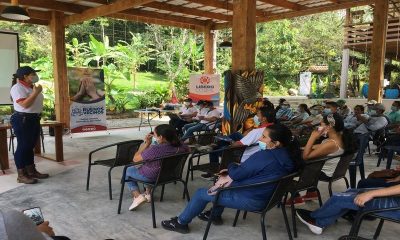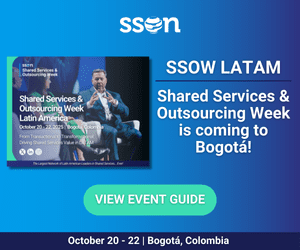Colombia and FARC Guerrillas Extend Deadline to Hand Over Weapons from May 30 to June 20
Colombian President Juan Manuel Santos, in a televised address last night, said that logistical issues have forced a delay in the implementation of the peace deal between the nation and its largest guerrilla group, the Revolutionary Armed Forces of Colombia (FARC).
The deadline for all combatants to hand over their weapons, which had been set for today, has been pushed back by 20 days. Santos said the delay was agreed to by the government, FARC, and the United Nations Mission in Colombia that is overseeing the demobilized guerrillas currently located in more than two dozen special camps set across the country.
FARC commanders insisted that they could not meet the original May 30 deadline due to the fact that the camps built for the former combatants were not finished on schedule following the passage of the peace accord by Congress late last year.
The government has ensured that all low-level combatants who turn in their arms by June 20 will not be arrested as criminals and instead granted amnesty as outlined in the peace accord. The United Nations will monitor and verify the arms turnover in conjunction with the governmental Office for the High Commissioner for Peace.
“In a joint agreement with the United Nations and the FARC, we have agreed that the arms handover will not end tomorrow as had been planned, but instead within 20 days,” said Santos last night from Bogotá. “The change in date does not in any way affect the firm decision and clear commitment of the government and the FARC to comply with the accord.”
The timeline for the FARC rebels remaining in the camps has also been extended until August 1. This also represents a delay from the original date, with the two months from June 1 until August 1 now becoming a “transition period,” according to the office of the president. After August 1, the demobilization zones will be converted into spaces aimed to help former FARC members reintegrate into civilian life and assist the surrounding areas prepare for change, according to the government.
During a UN Security Council visit to Colombia in early May, the group’s leader had expressed “absolute confidence in the Colombian people” amid optimism that the peace process would meet the “deadline as originally planned,” according to Elbio Rosselli, the ambassador to the United Nations from Uruguay and current president of the Security Council.
Photo: A scene from the final days of the Revolutionary Armed Forces of Colombia (FARC) as an armed guerrilla group. (Credit: FARC-EP International)




























